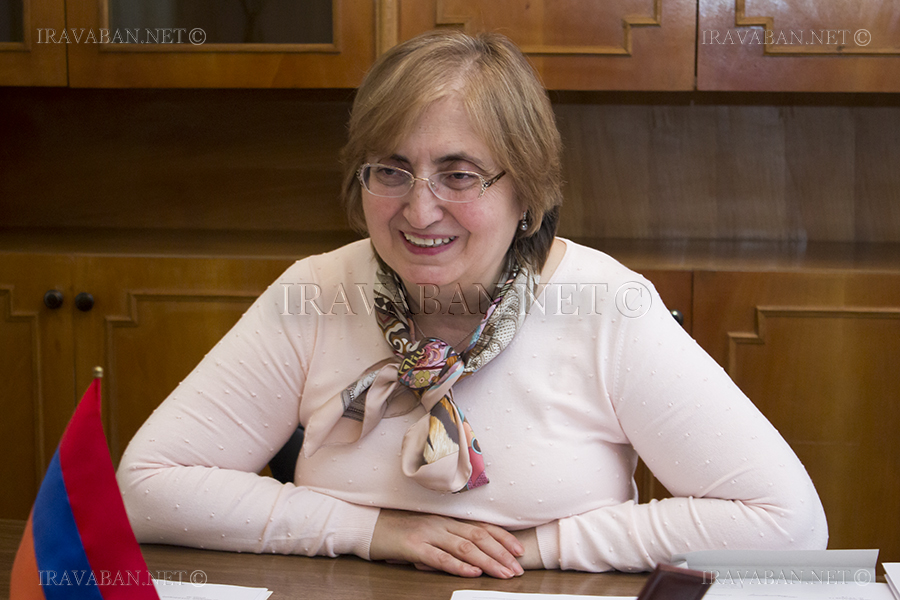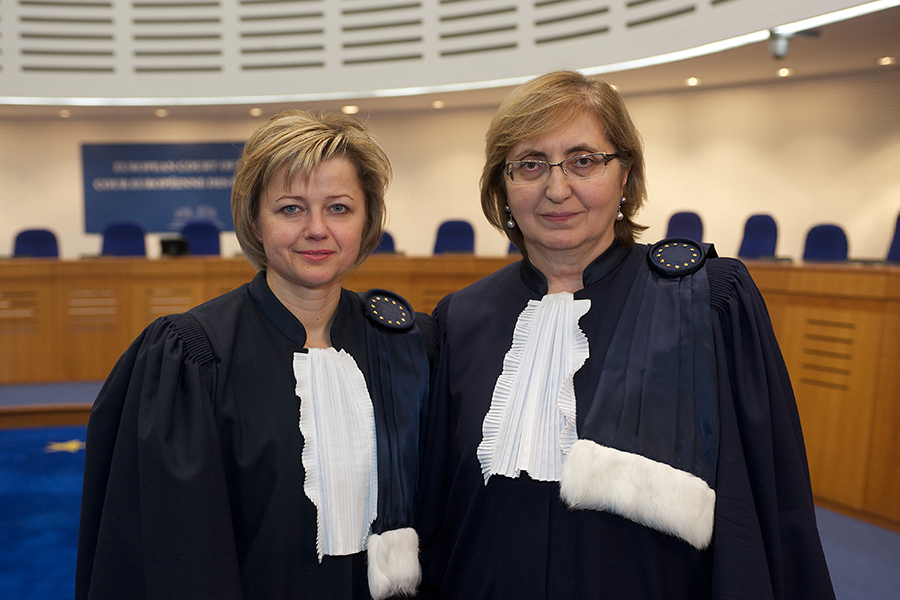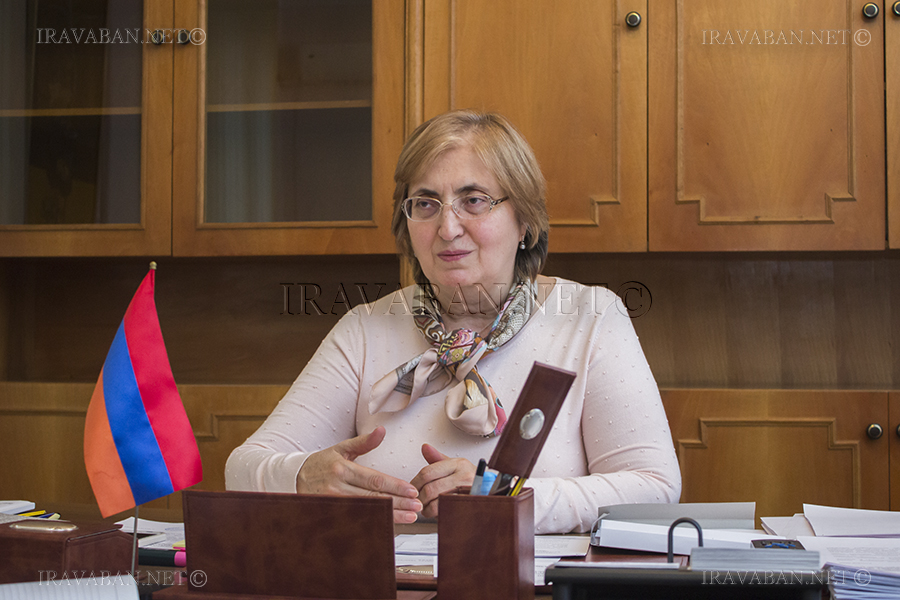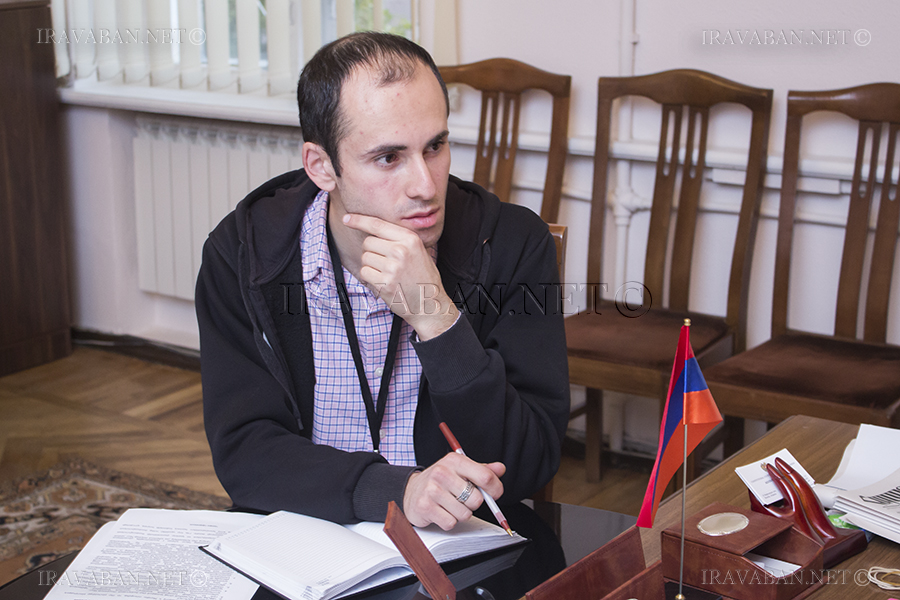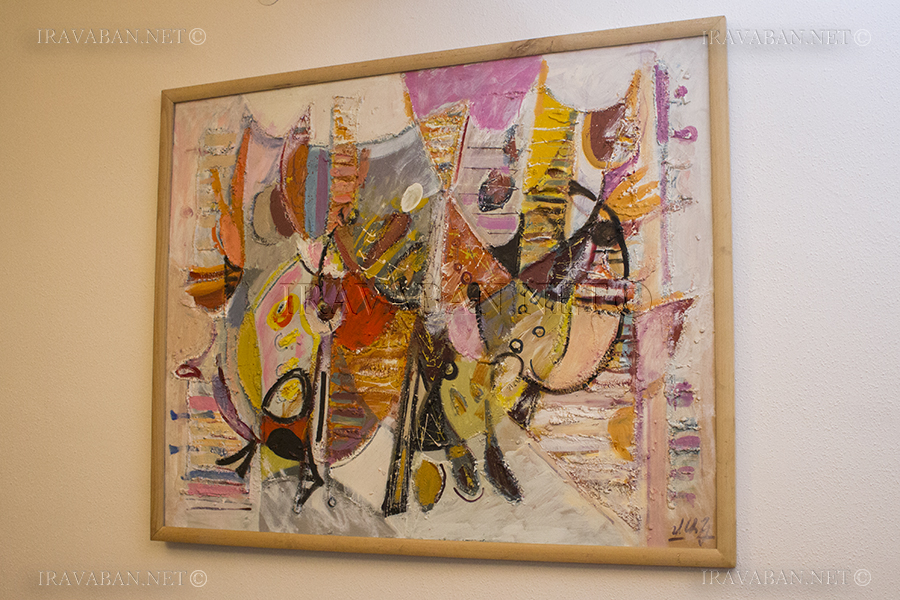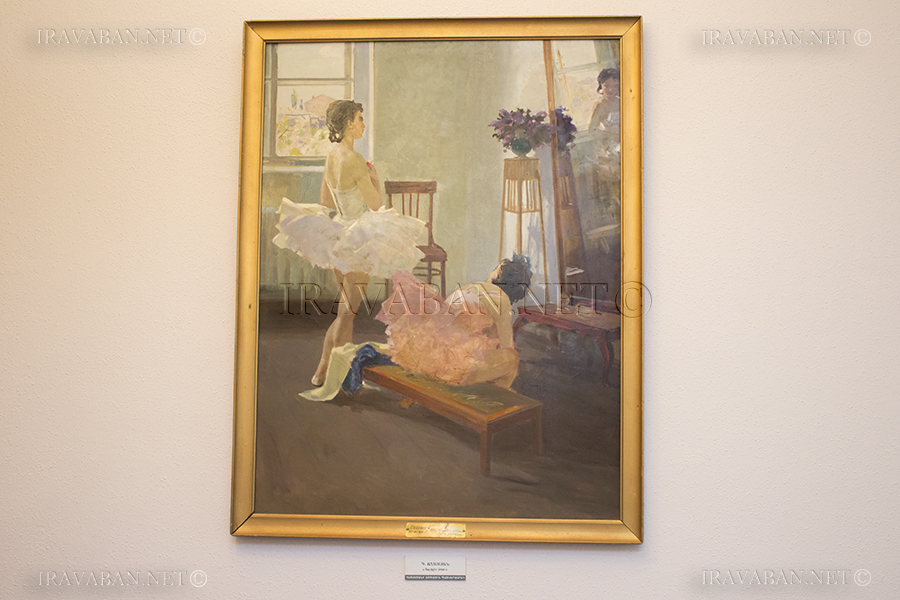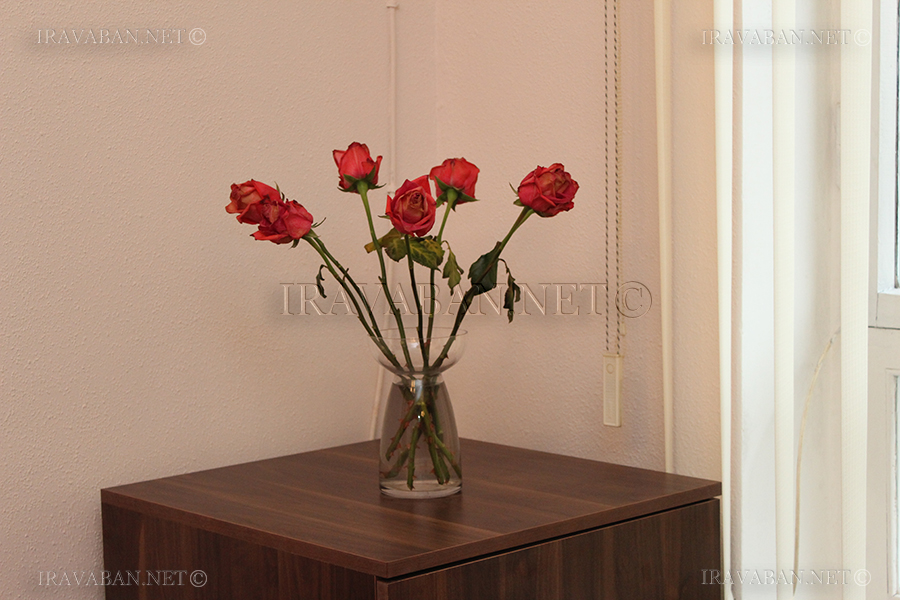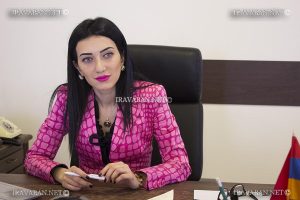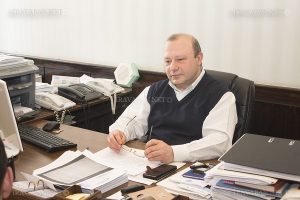For many judges it has become a dream to be a judge a the European Court of Human Rights, but so far only Alvina Gyulumyan succeeded. For 11 years being in the position of ECHR judge, and this is not all, Mrs. Gyulumyan stands at the roots of the establishment of the Constitutional Court. It seems that the person with so many achievements should be of a strict and closed character, but in reality Mrs. Gyulumyan is a very open personality, peaceful in the family, and even the relatives sat she is very soft with her daughter. Why did she decide to chose the position of lawyer, what is the book that most impressed the famous judge and what is her position on the development of legal mind? You can find answers to these and other questions in the first interview of “Prominent Armenian Lawyers” special project.
“Prominent Armenian Lawyers” special project aims at presenting to the readers the Armenian lawyers who had exclusive contribution, irrespective of their place of residence. By the rules of the project the first three interlocutors choose the next heroes.
Mrs. Gyulumyan, let`s speak of the past, where were You born? Please tell some interesting memories.
I was born in the Shahumyan village of the region Dashkesan in current Azerbaijan, which as I am informed was a part of Nagorno Karabakh once, and then was separated from Karabakh as a result of Azerbaijani policy. During my childhood years it was mainly inhabited by Armenians. There were iron mines in this region, so many Russian experts lived there as well who once came to do geological studies. So my childhood passed surrounded by Armenians and also Russians. Then Azerbaijani people started to gradually reside there and my father decided we should move to Armenia. And so we did.
What was the reason You decide to become a lawyer?
I was hesitating between two specializations – doctor or lawyer. But I decided to become a lawyer with the perspective to be able to fight against injustice. Besides, my father wanted that one of his children became a lawyer. And when I was admitted and the day to write a diplom work came, I prepared it on he socialist and capitalist integration, I was trying to show the differences of two integrations. At that time (it was 1978) it was very difficult to have an idea in the Soviet social system about the existence of the European Court, but I read somewhere that such court existed. I tried to present that court from a positive angle for the capitalist integration. This step, certainly, was much criticized also by the opponents. When I was waiting for the mark, my friends got interested why I needed to present that court, after all I could get 4, and I answered hat I presented the reality and I said that I`d become a member of that court. Everyone laughed saying that even if the Soviet Union went towards capitalist integration an Armenian would certainly not be sent to that court, and I said that I wouldn`t go there from the Soviet Union, but from Armenia. And it was really so.
Mrs. Gyulumyan, You have been a judge at the ECHR from 2 April 2003 till August of the current year. What activity did You undertake and what did this position give to You?
I learned much, there is an iron souvenir in front of my computer with the words of Michelangelo: “I learn”. I was always guided by that slogan, I was always learning from the legal systems of other countries, I was learning the working style at the international organization, I was learning to debate. Certainly people also learned some things from me. I should say that during those 11 years at the ECHR I learned a lot, I got richer with knowledge and friends. Those have been precious years.
What is the image of the cases submitted from Armenia during the last years and in this sense (of human rights protection) is the justice effectively implemented in Armenia nowadays?
It is hard to answer and stemming from the cases discussed at the ECHR to say whether the justice is effectively implemented or not. If we refer to the mistakes which result in infringements, I should say that often they refer to the same region. So after paying attention to that mistake once, luckily it is not repeated. This is a positive phenomenon. We can say that our judges lack courage. When you speak with them personally you feel that as a rule they think right, but it is hard to say why they make mistakes. What hinders them is a subject of a separate study.
How would You evaluate the current situation of the human rights protection in Armenia, and what are the issues requiring urgent solutions?
To increase the level of human rights protection first of all it is necessary to develop the level of awareness among the citiznes about their rights, so that they can really understand what rights they have and how they can protect those, and in this case the principle of self-defense of the rights will apply. Secondly, we should achieve the regular updates of the knowledge of our law-appliers. Third, in case of violation of human rights the offender should acknowledge that he should be certainly kept liable. And the last and probably the most important issues is to achieve the real independence of courts.
On 2 August You were appointed as a member of the RA Constitutional Court by the decree of the RA president Serzh Sargsyan. What are the priorities for Your work at the Constitutional Court?
First, when I expressed my desire to come back, I was guided by one principle – what I learned during the 11 years, I should be able to apply here in my work, and that means to achieve high level of human rights protection and protection of democracy to the maximum. Besides, I was thinking that by coming back I can pass my experience to our judges. And I still have time to be useful in my country.
During the last 2 decades Armenian diplomacy has been running a proactive policy towards the recognition of Armenian Genocide. Is that policy sufficient also to solve the issues on the legal platform, especially in terms of reparations.
Unfortunately we have omissions in terms of timing. 100 years were not few for presenting concrete material demands in the legal aspect, but fortunately by the Genocide Convention the statute of limitation does not apply to these actions. Nevertheless, there might arise difficulties for demanding investigation, etc.. But those are not non-surmountable, and facts are sufficient, just a professional lawyers` team should work. The verdicts of the ECHR on the return of lands to two Armenian churches show that we can achieve success. In these cases the Court, unfortunately, avoiding the term “Yeghern”, found that Armenian communities suffered losses and the reparation should be made.
Now let`s speak of how You are at home.
I am criticized that I am very soft with my daughter. I love kitchen. I remember, when I was appointed a member of the Supreme Court, I wasn`t yet married, and we gathered with friends to celebrate. I came home quite late, and my brother rebuked me. “Remember, you are a judge in your office and at the court hall, but at home you are the daughter of the family and you should come home on time”, I still follow this rule (smiles – G.T.). Here I am a judge, and at home I am a family member.
Could You please tell about Your preferences in music and literature ?
In terms of music I`d say that I don`t know today`s taste well, meaning what the youth listens to. Better say I am starting to get to know it as my daughter listens to that music. In any case I prefer listening to Armenian music, both classical and national music. As to the literature, I should say that in the recent years I am reading the works of Orhan Pamuk with great interest.
I think the novel “Snow” especially attracted You.
Yes, I read it for many times. Besides, when I learn that an author got a Nobel prize in the field of literature, I start to read their works.
What is Your position on the development of Armenian legal thought?
I would beware so that what I say is not perceived as a criticism, but I want it very much that we have more development in the field of international law. Unfortunately we didn`t prepare such experts of international law who could convincingly present our problems and achieve the target in the international scientific field, as well as in various associations of international law. If in the field of constitutional law we are one of the leaders due to the CC President Gagik Harutyunyan, in the field of international law we are left behind.
Please mention the name of the next interlocutor of the “Armenian Lawyers” special project.
It is much desirable that CC President Gagik Harurtyunyan is the next, though it would be preferable if he was the first.
You can find the full interview in Armenian.
Interview by Gevorg Tosunyan
Photos by Alexander Sargsyan
Author of the Idea Karen Zadoyan

